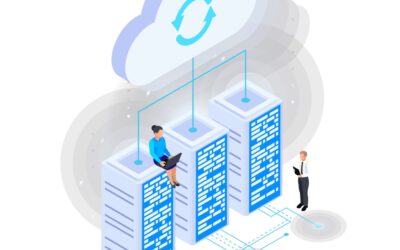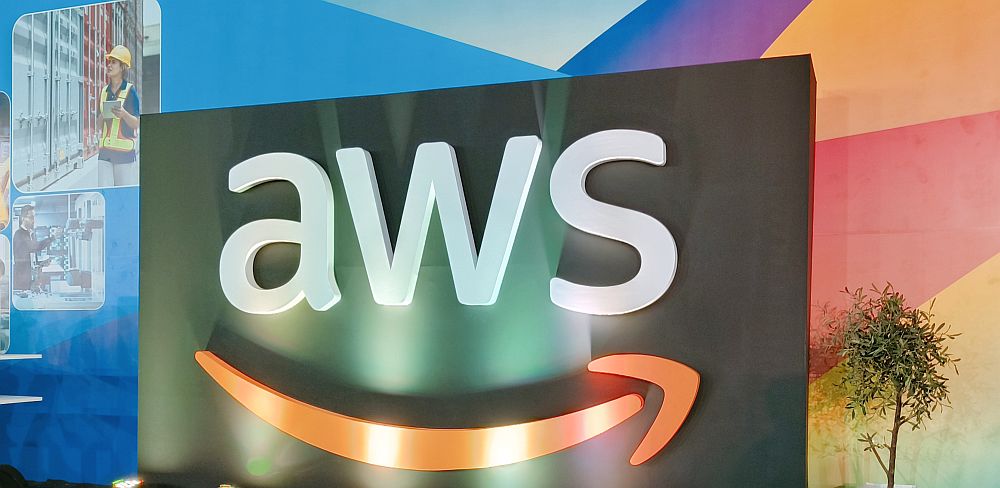The vertical SaaS market has grown rapidly in the last five years. With accelerated digital transformation happening across customers, the vertical SaaS market is here to stay and grow.
By Neelesh Kripalani, Chief Technology Officer, Clover Infotech
Image by Freepik
A SaaS product or application that caters to multiple industries and organizations within them is a horizontal SaaS product. Examples of the same include Salesforce, Slack etc. A vertical SaaS product, on the other hand, caters to a specific industry. For example, a product like Riskalyze is built to cater to the needs of financial advisors.
Why Vertical SaaS?
Vertical SaaS is new compared to horizontal SaaS but it is highly effective as it offers solutions to industry-specific challenges. Vertical SaaS is built to understand and address the needs in the industry and not be a generic app cutting across functions and departments like a horizontal SaaS.
A vertical SaaS app may cater to an industry, but it will still have micro-apps which address a specific need within the vertical. For instance, a vertical app could cater to all needs of a bank whereas a micro-app can go one level down and offer a SaaS-based solution just to handle Non-Performing Assets (NPAs).
The vertical SaaS market has grown rapidly in the last five years. With accelerated digital transformation happening across customers, the vertical SaaS market is here to stay and grow.
The benefits of creating a vertical SaaS product are:
Seamless integration with industry-specific systems – A vertical SaaS product would understand the tech landscape of the industry much better than other SaaS products. Hence, the product will be created with high regard for seamless industry-specific integration. The vertical SaaS product team will also be well-attuned to the industry and can build customizations faster as and when required.
Better revenue and profitability – Since vertical SaaS is relatively new when compared to horizontal SaaS products, it will be a niche area with less competition. Hence, if the product is good and solves well for the need that it targets, then it can gain from positive ‘word-of-mouth’ which accelerates business and enhances profitability.
Optimized Productivity – For creators of vertical SaaS products, they do not have to go after everyone. It’s a niche market and their target audience is limited yet highly engaged. Hence, a vertical SaaS product company can get better RoI on their marketing spend due to focused targeting across a well-defined audience base.
Efficient Customization and Upgrades – The team members in the vertical SaaS product team are better tuned to the updates on the industry such as banking, media, retail etc. Hence, they can respond to regulatory, business, or industry-wide changes and mandates by building customizations swiftly. If the need arises, they can also efficiently incorporate their learning from the users of their products and their internal research and development efforts to create enhanced versions of their vertical SaaS product.
See also: ‘We took a bet on the cloud much before the customer started spending on the cloud’
Is it always better than horizontal SaaS?
The answer depends on the customer’s requirements. The journey of the customer in terms of cloud adoption is a critical question to ask. The journey normally begins with horizontal SaaS products and vertical SaaS adoptions can be incorporated into their tech landscape subsequently.
The pandemic has accelerated the need for, and importance of vertical SaaS solutions and it is well poised to grow in 2023 and beyond.
Vertical or Horizontal SaaS?
If you are developing SaaS products and are stuck in the vertical SaaS v/s horizontal SaaS confusion, it might be prudent to understand that a horizontal SaaS product can give you a wider canvas in terms of target audience and industry, but it may not solve focused industry-specific customer needs. A vertical SaaS addresses a definite industry type and its needs. Hence, it is more customized to the users’ requirements.
Vertical SaaS is suitable for a product company wherein the employees have extensive expertise and experience in a particular industry and are solving for a pressing need that they truly feel passionate about. However, if the problem that they are solving is generic and can cut across industries, then horizontal SaaS products can enable them to grow faster.
What should customers of SaaS products do?
The answer lies in the customer’s SaaS adoption journey or phase. If they have just started exploring the cloud or are bound by strict or unclear regulations with respect to cloud adoption for their industry-specific need, a vertical solution may not be an apt fit. On the other hand, if the product addresses a pressing need for a particular industry and offers the ability to scale and customize to solve current and future challenges, a vertical SaaS product may yield rich dividends.
Vertical SaaS will grow exponentially as organizations of all sizes across industries and geographies continue to embrace cloud products and solutions. It’s upon the creators and consumers of vertical SaaS products and solutions to leverage it to accelerate their organization’s growth.
This is a contributed/authored article. Digital Creed did not verify any of the assertions made by the contributing author.









